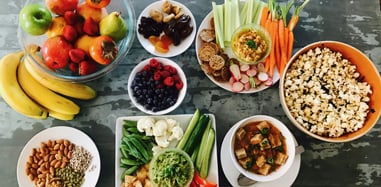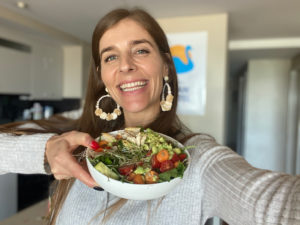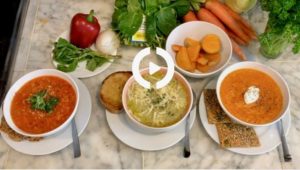The mantra that we teach all our Members is to eat for Nourishment and Satisfaction™.
So this got me thinking about something I come across A LOT with people trying to eat better to lose weight or improve their blood sugars, pressure or cholesterol:
Most people don’t know how to make healthy food that actually tastes GOOD.
I see this a lot with our Members saying things like, “I think my problem is I just don’t like healthy food” or “it’s hard for me to cook healthy (in order to lose weight) because my family doesn’t like it” or “I often find myself snacking or craving sweets after a healthy dinner”.
To which I say: “You’re just not doing it right!”
But seriously, it’s actually really easy to make healthy food that tastes good, WHEN YOU KNOW HOW!
And one of the most rewarding parts of my job is hearing back from our surprised and delighted Members when they discover that they — and their families — love the healthy, quick, easy meals they make with Homemade Cooking.
For example, I hear things like:
“ My husband is the HAPPIEST guy in the world with Homemade Cooking— he’s been literally clapping! He loves it!”
And:
“I use my two daughters as my Homemade Cooking taste testers (I even sneak in some carrots which my older daughter does not like!) and she thought that smoothie was great.”
And:
“I made the Homemade chicken and it turned out beautifully. Even my grandson liked it — and he doesn’t like anything!”
So without further ado, let me share 5 ways that YOU too can make healthy, homemade meals that actually taste GOOD!
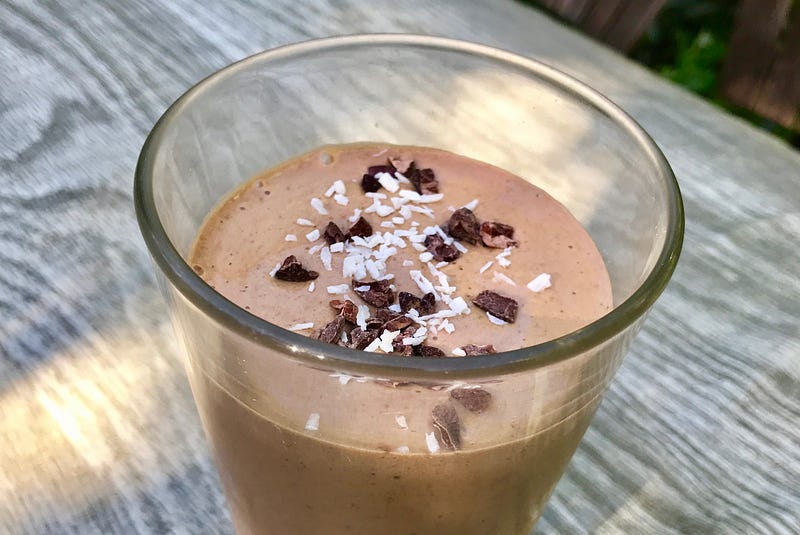
1. Stop Thinking of it as “Healthy Food”
When most people think of “healthy food” they think of: bland, boring, restricting, tasteless, DIET food.
The problem with this is, there is NO WAY you are going to be able to make your healthy homemade meals taste good, if you can’t even IMAGINE them tasting good!
Seriously, do you think the Chefs in fancy restaurants cook their food thinking “Geez, this is going to taste like crap. I sure hope someone eats this…”
Of course not! They can see and taste their amazing culinary creations in their imaginations before they even start cooking!
So switch up the dialogue in your head. Change your thinking from the word “healthy” (or diet) to: fresh, natural, whole, real, living, alive, raw, healing, nourishing, nutrient dense, seasonal, slow, gourmet… or any other words that appeal to you!
And next time you are trying to eat healthy, imagine yourself cooking a fresh, nourishing gourmet meal instead.
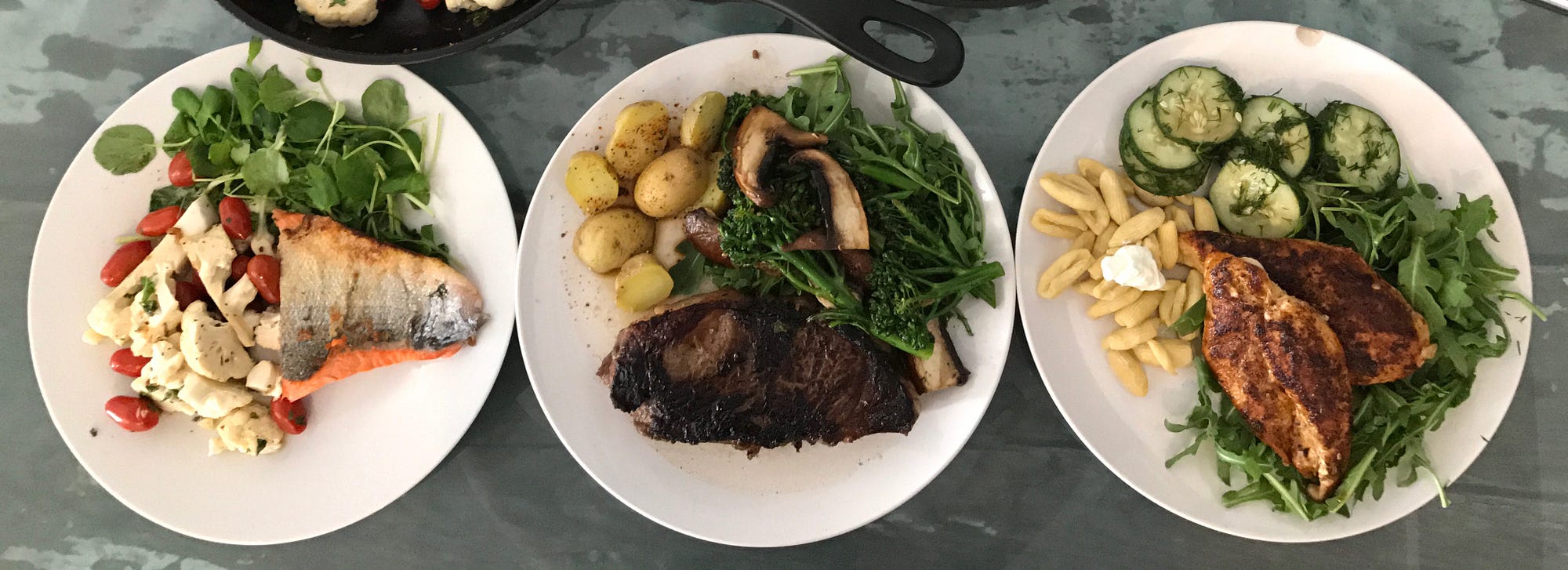
2. Start With Excellent Ingredients (Not Products)
The food and weight loss industries have gotten very good at marketing products to us using words like ‘healthy’, ‘diet’, ‘natural’ and ‘light’.
Kale chips, gluten-free brownies, Weight Watchers meals, protein bars.
You name a weight loss fad, and there’s a zillion products to go with it.
The problem is that most of these products are neither particularly healthy, nor do they actually taste very good.
So you eat the Kale Chips and then crave real chips all week until you eventually cave in… Or you eat the frozen Weight Watchers meal, and then find yourself eating ice cream in front of the TV afterwards.
(Sound familiar?)
The net result is: You feel like you’re trying really hard, but you’re just not losing any weight (or worse yet, you’re slowly gaining…)
The solution is to start focusing on using excellent quality, fresh, seasonal ingredients — not products — when it comes to cooking & eating healthy. And it doesn’t have to be complicated: When you start with great ingredients, you can combine 3–5 ingredients in around 15 minutes and have a delicious, healthy meal that you and your family will love.
Examples:
1) Make a Homemade pizza: Take some Lavash Bread or Whole Grain Tortilla Wraps and cover with blended tomatoes, thinly sliced mushrooms & grated cheese. Cook in the oven for 7–10 mins on 350 degrees. Top with torn basil and a drizzle of olive oil when it comes out of the oven.
2) Make a Homemade frittata: Sautee some onions and 2–3 vegetables of your choice in a pan with metal handles (sliced bell peppers, Brussel sprouts, zucchini, green onion, asparagus, cherry tomatoes, all work well) for 5–7 mins. *You can also add sliced ham or turkey breast to the pan.* Remove from heat. Beat (or blend!) 6 eggs with a quarter cup of milk. Add some oil into a clean pan and heat it, then pour your egg mixture in on low heat. Now add your sauteed vegetables, top with dollops of goat’s cheese or grated cheddar, and place in the oven to cook for 15 mins. Serve hot or cold when the egg is set & the cheese is melted!
3) Make a Homemade quinoa salad: Boil 1 cup quinoa in 2 cups of water for 15–20 mins. The water should have evaporated by the end of the cooking process. If it hasn’t strain it in a fine strainer. While the quinoa is cooking, chop some fresh seasonal vegetables and fruit of your choice. I love bell peppers, cherry tomatoes, cucumber, apples, and strawberries. Toast some walnuts or almonds in a pan for 3–5 mins with a little oil. When it’s cooked, toss all the ingredients together with some chopped spinach. Top with cranberries, some olive oil, lemon juice, salt to taste, and smoked salmon (optional).
What all of the above recipes have in common, is they celebrate whole natural ingredients and are Nourishing & Satisfying™.
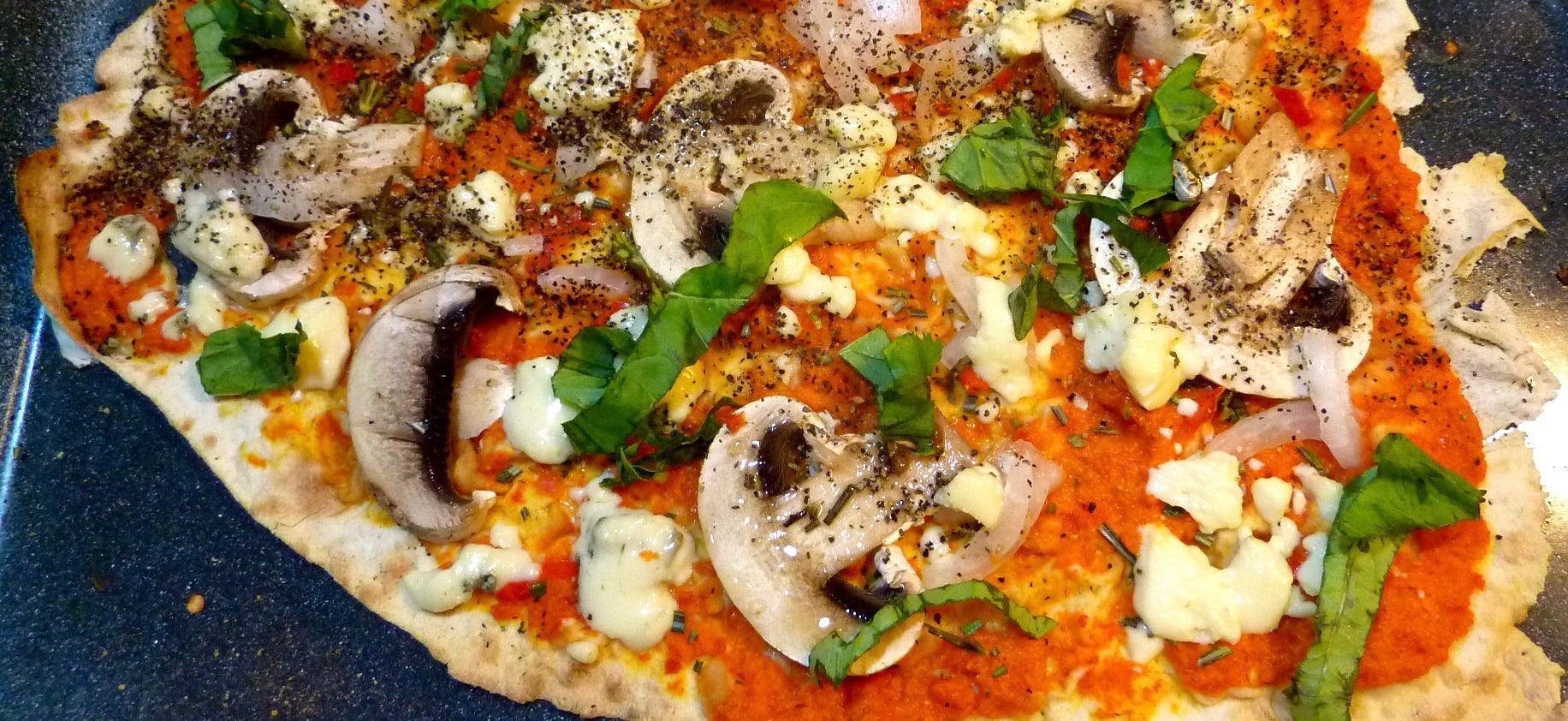
3. Don’t be Afraid to Use Fat, Sugar & Salt in Your Cooking
One of the biggest, and most common, mistakes I see in beginner Homemade Chefs is a fear of using fat, sugar & salt in their cooking.
This relates back to the first point, where we are taught to (mistakenly) believe that ‘healthy’ means low or no fat, sugar or salt.
Fat, sugar and salt is what makes food taste GOOD!! This is a BIOLOGICAL response in our bodies- There are receptors on your tongue that send signals to the reward centers in your brain to say ‘YUM’ when you eat fat, sugar or salt.
And eating fat helps the body register satiety- that feeling of satisfaction, that can stop you scouring the cupboard for unhealthy snacks & desserts after a meal.
But isn’t eating too much fat, sugar & salt what got us into trouble in the first place, you ask? (in terms of weight gain, diabetes, high blood pressure, cholesterol…and all the rest…)
Absolutely. However, for most people, the vast majority of fat, sugar and salt they eat comes from refined, processed junk foods, take-out foods and convenience meals, NOT from home cooking.
And evidence shows that home cooks use less fat, sugar & salt than those who eat out.
So don’t be afraid to add a dash of sugar or honey to your morning oatmeal, sprinkle some salt on your steak before cooking and dress your salads with some really good olive oil, roasted nuts and lemon juice. Or add some real cream or shredded cheese to your homemade blended soups or dressings — a small amount goes a very long way to making healthy food taste good!
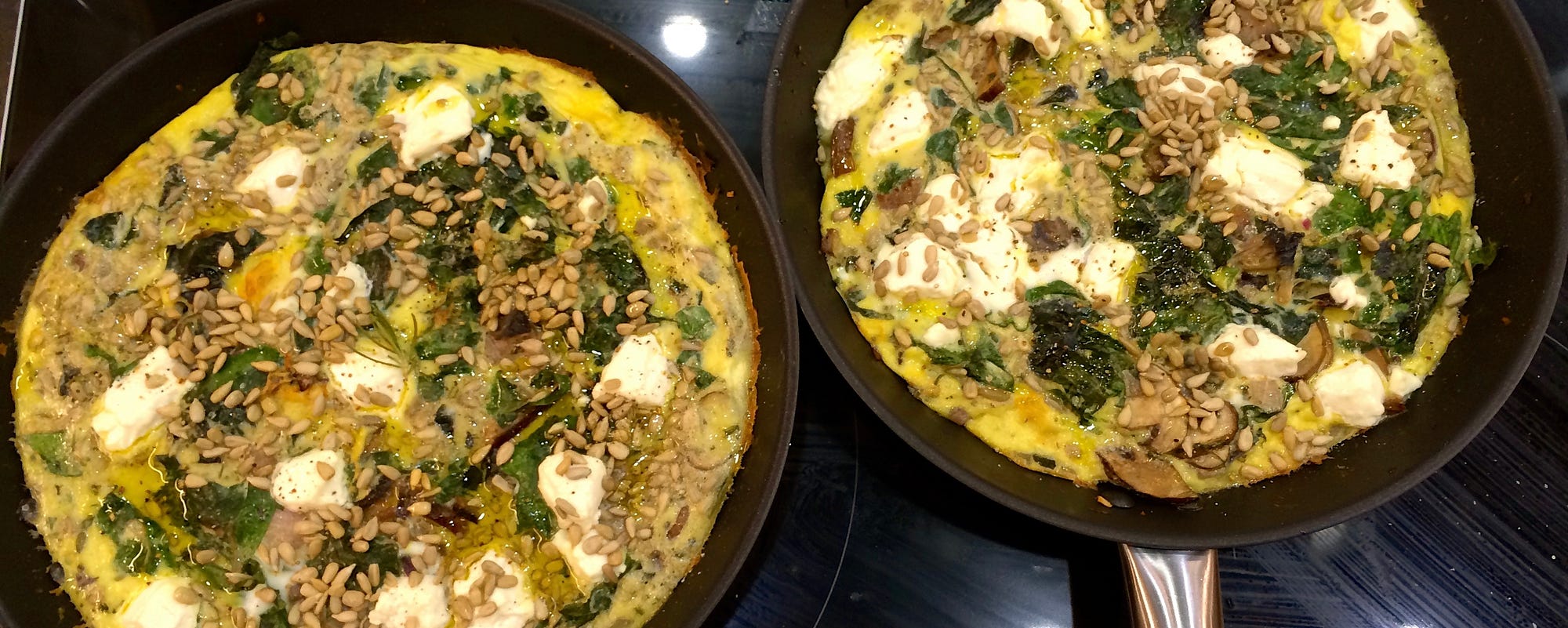
4. Stop Avoiding Carbs in Your Cooking
If you are one of those people who’s still avoiding carbs, then just STOP.
No seriously, carbs are not evil.
And they don’t make you fat. In fact, research shows that low carb diets don’t work in the long run.
Carbohydrates are a macronutrient — meaning they are one of the 3 nutrients needed by the body to thrive. And carbs are the body’s preferred energy source.
This is why you feel good and energized when you eat carbs (and why you feel irritable, tired and cranky when you try to cut carbs).
Carbs also trigger the natural satiety receptors in your body. Meaning your healthy home cooking is going to be tasty and satisfying when you allow yourself to use carbs.
Now the key thing to remember here is: Not all carbs were created equal.
When I say add carbs to your home cooking, I mean whole potatoes or sweet potatoes(with the skin on!), carrots, legumes & pulses (like beans, garbanzo beans and lentils), brown rice, whole grains like oats, rye, quinoa & cous cous, and, yes, even whole grain pasta and BREAD (on occasion).
These healthy carbs are going to help re-set your body’s natural hunger cues and SAVE YOU from snacking on the unhealthy, processed sugary foods, and refined carbohydrates which are the real culprits when it comes to weight gain and the onset of chronic conditions, like diabetes, heart disease and high blood pressure.
So it’s a win win for your eating enjoyment & your health.
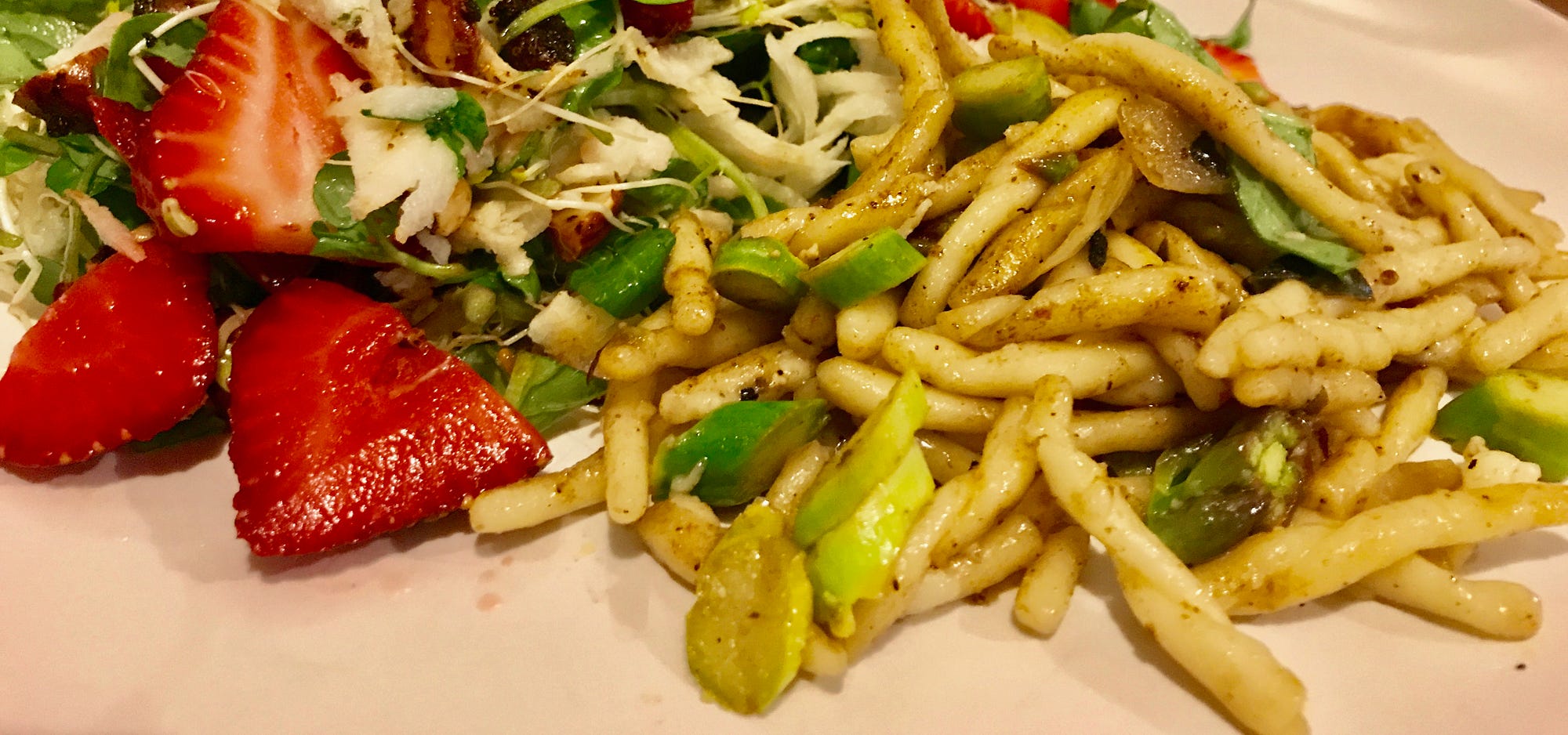
5. Add Lemon Juice to (almost) everything!
I considered many worthy contenders for this last strategy (using herbs & spices, plating your food, making a sauce…)
But in the end, the humble lemon won out.
Why? Because it’s dead easy, readily available, takes almost no time AND it can take your home cooking from ‘blah’ to *BLING* in an instant.
The secret is in the principles of flavor balancing used by all Chefs and Food Manufacturers. The great thing is you can use the same principles to make your homemade healthy food taste amazing too!
The basic idea (in simple terms) is that our taste buds & brains say ‘Yum’ when food contains the right balance of sweet, salty, fat, bitter, and sour.
Most of the time, it’s easy to take care of the first four elements without really trying or thinking about it— but sometimes the ‘sour’ is the missing link!!
Lemon juice can provide that element of sour, to balance out and enhance the flavors in your cooking. So next time your cooking needs a ‘lift’ try adding a squeeze of lemon juice.
Examples: homemade salad dressing with olive oil, lemon juice (and optional garlic), add a squeeze of lemon when searing chicken, add some lemon juice when baking fish, even try adding lemon juice to your soups and smoothies.
I hope these fast & easy tips help you take your healthy homemade cooking to the next level!
Enjoy!!
with love from my kitchen to yours,
Anna Rakoczy
Co-Founder, Homemade Cooking
